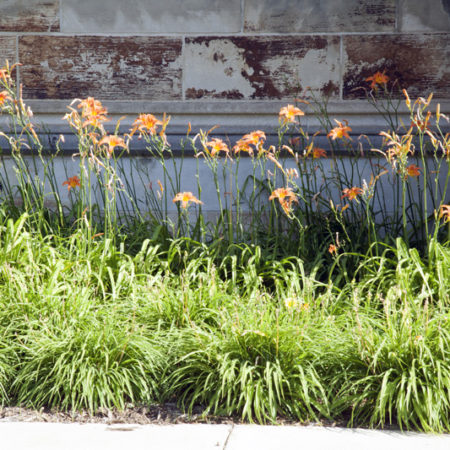It seems unavoidable. As humans, we cause hurt. And we carry hurts caused by others. Or we can let them go. Forgiveness. We face it every day in little things that arise; in persistent conflicts that just can’t seem to heal or fade; in relationships with those we love intimately, work colleagues, and strangers we pass on the street … or those who pass us.
On I-94 this morning, a car zoomed up in my mirror and cut in front of me as I passed under Oakland Drive. On the ramp to the right an officer jumped into the car. Door slammed. Engine zoomed. Lights flashed on. There are consequences for our choices. I didn’t take pleasure in it exactly. As I passed them pulled over moments later, maybe it reinforced the importance of being on my best behavior. (Which I am not always.) In any case, I also had a choice. To go down the road of fueling rage, and in this case vengeful glee at the driver’s punishment. Or watching warily, driving defensively, and letting it all go—another of many incidents in each day—as I made my way church.
Forgiveness. It literally means “letting go” or “being set free.” It’s not naïve and falsely optimistic. It always begins with naming a wrong done. Telling the truth, even if it’s hard. Even if we don’t have a police officer to force us to do so. Although we can help one another—by listening to someone who’s been hurt and creating a culture to foster healing not cycles of vengeance. Like Truth and Reconciliation in South Africa. Like the Amish community in Nickle Mines, Pennsylvania. Like people we know who are so centered in peace, they radiate grace to others around them.
Let’s be clear about at least one point. Forgiveness is not the same as forgetting. Sometimes past hurts do slip from our conscious memory. That can be a gift. But forgetting is not the specific intent of forgiveness. In fact, sometimes it can be important to remember—in a spirit of grace not anger—both to prevent something wrong from happening again, and to honor the relationship as it is … sometimes actually made deeper and richer through the process of healing hurts.
Again, it’s not always easy. Though we can encourage one another, forgiveness should be never coerced. In truth, it simply can’t be. Either we feel it and offer it, or we don’t. Authenticity is crucial to forgiveness that really heals. And in like manner, it’s not really measured by how much the offender is changed. In the end, forgiveness benefits most the person offering it. You see, if we hold onto the wrong done to us, it continues to harm, to wound, to feed bitterness … sapping life’s energy, beauty, joy all along the way. The only true way forward into life in the fullness of love and peace that God intends for all of us is to release wrongs done. Thereby we get set free. Our hearts can heal, not fester. Our possibilities for goodness can expand, not contract.
“So then putting away falsehood, let all us speak truth to our neighbors … be angry but not do sin; do not let the sun go down on your anger. … Put away from you all bitterness and wrath and anger and wrangling and slander, together with all malice, and be kind to one another, tenderhearted, forgiving one another, as God in Christ has forgiven you.” (Ephesians 4:25-26, 31-32) That’s what will guide our worship this Sunday. So may it inspire us every day.
Seth

